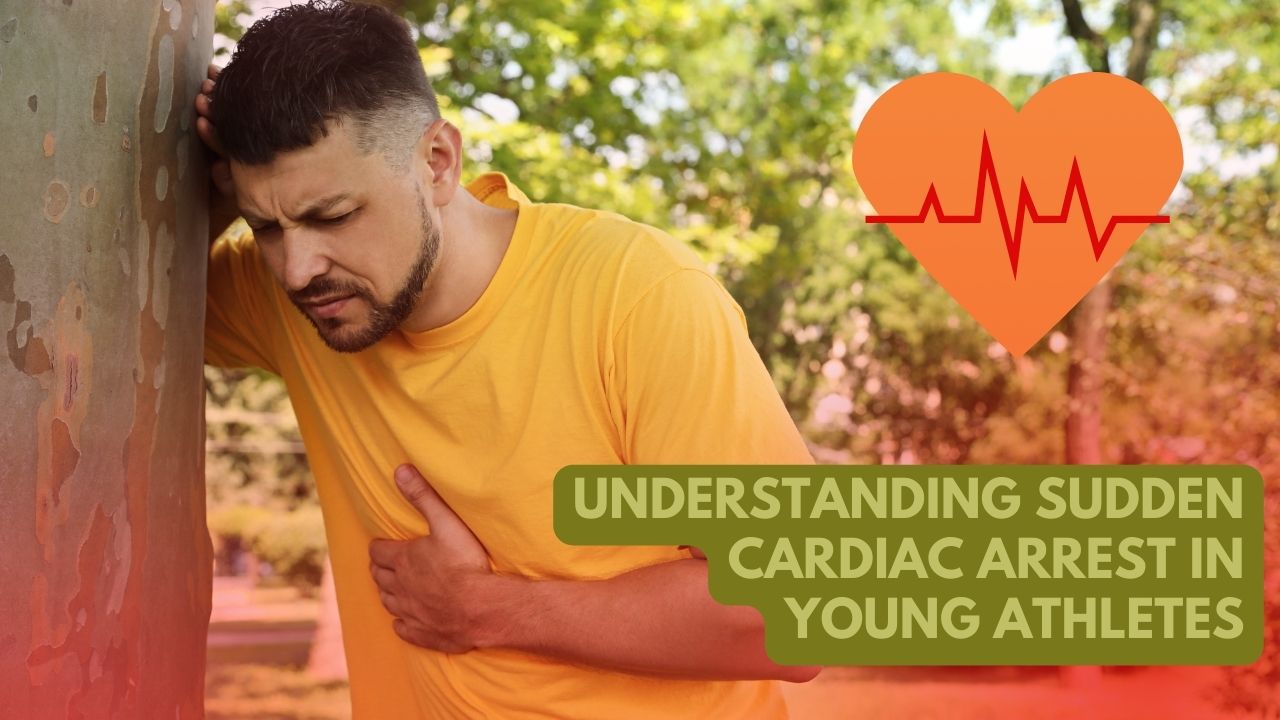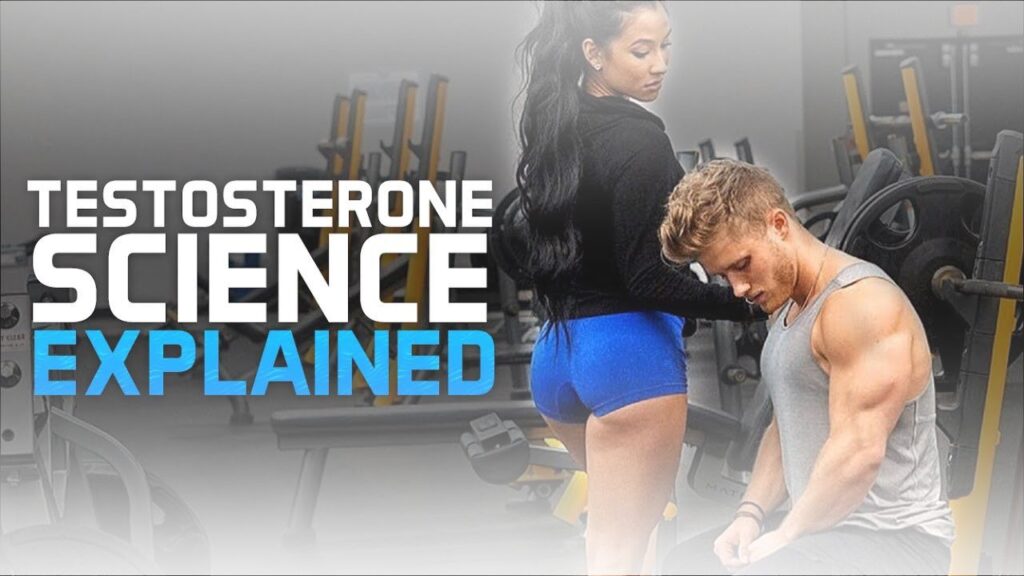Understanding Sudden Cardiac Arrest in Young Athletes
There can be various reasons why young fit individuals may experience cardiac arrests while working out or playing sports. Some possible causes could include underlying heart conditions, such as hypertrophic cardiomyopathy or arrhythmogenic right ventricular cardiomyopathy, which can lead to sudden cardiac arrest during physical activity. Additionally, other factors such as electrolyte imbalances, drug use, or heat stroke can also increase the risk of cardiac events during exercise.
It is important to note that although these cases may seem sudden and unexpected, they are often the result of underlying health issues that may have gone undiagnosed or unnoticed. In order to prevent these types of incidents, it is crucial for individuals to receive regular check-ups from their healthcare provider, including physical exams and cardiac screenings. Additionally, maintaining a healthy lifestyle, including regular exercise and a balanced diet, can also help reduce the risk of cardiac events during physical activity.
The Risks of High-Intensity Interval Training (HIIT)
While HIIT has several benefits if could become become hazardous if not done under proper supervision. Individual tend to over exert themselves during such high intensity routines.
Overexertion can be a contributing factor in cases of cardiac arrest during exercise in young, fit individuals. Overexertion can lead to a rapid increase in heart rate and blood pressure, which can put additional strain on the heart. If the heart is already compromised in some way, such as by an undiagnosed heart condition, overexertion can increase the risk of cardiac arrest.
It’s important to note, however, that most cases of cardiac arrest during exercise in young, fit individuals are not caused by overexertion alone. In many cases, there may be an underlying heart condition that has not been diagnosed or a genetic predisposition to heart problems that puts the individual at increased risk. It’s important for anyone who plans to engage in vigorous exercise, particularly if they have a family history of heart disease, to undergo a thorough medical evaluation before beginning an exercise program.
Debunking Common Myths About COVID-19 Vaccines and Heart Health
While there have been reports of myocarditis (inflammation of the heart muscle) occurring after COVID-19 vaccination, it is still unclear whether this is directly caused by the vaccine or if it is simply a coincidence. It is important to note that the incidence of myocarditis after vaccination is very rare, and the benefits of vaccination still greatly outweigh the risks.
Additionally, the cases of cardiac arrests and other serious events in young, fit individuals during exercise that you mentioned have been reported prior to the availability of COVID-19 vaccines, so it is unlikely that the vaccines are the sole cause.
These facts are what are known as of now. Extensive research is still underway to rule out any correlation between the COVID-19 vaccine and cardiac health.
However, as with any medical concern, it is important to speak with a healthcare professional for individualized advice and guidance.









